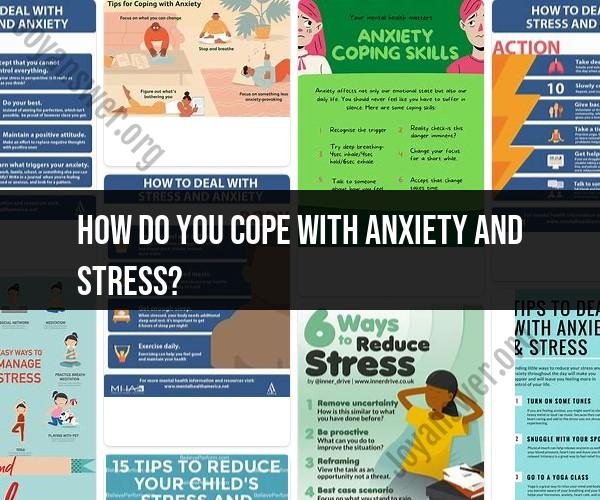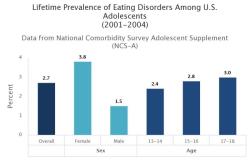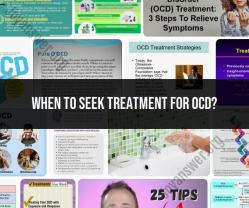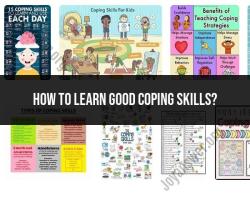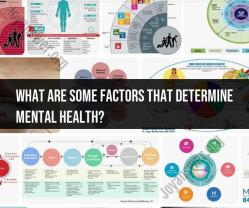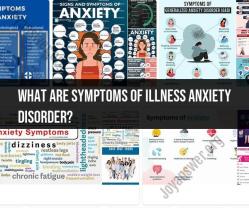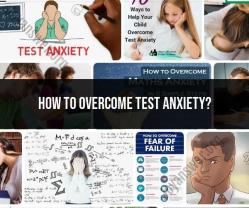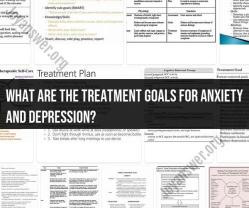How do you cope with anxiety and stress?
Coping with anxiety and stress is essential for maintaining mental and physical well-being. Here are some strategies that can help you manage anxiety and stress:
Deep Breathing: Practice deep breathing exercises to calm your nervous system. Inhale deeply through your nose, hold for a few seconds, and exhale slowly through your mouth. Repeat this several times.
Progressive Muscle Relaxation: Tense and then relax each muscle group in your body, starting from your toes and working your way up to your head. This can help release physical tension.
Mindfulness Meditation: Mindfulness techniques involve staying present in the moment without judgment. Meditation and mindfulness practices can reduce anxiety and improve emotional well-being.
Physical Activity: Regular exercise can reduce stress hormones and trigger the release of endorphins, which are natural mood lifters. Even a short walk can help.
Healthy Diet: Eat a balanced diet with plenty of fruits, vegetables, and whole grains. Avoid excessive caffeine, sugar, and alcohol, which can worsen anxiety.
Adequate Sleep: Ensure you get enough sleep. Sleep is crucial for emotional and mental well-being. Establish a regular sleep schedule.
Social Support: Talk to friends and family about your feelings. Sometimes, sharing your concerns can provide relief and perspective.
Limit Stimulants: Reduce or eliminate the consumption of stimulants like caffeine and nicotine, as they can increase anxiety.
Time Management: Organize your tasks and set realistic goals to reduce feelings of being overwhelmed.
Seek Professional Help: If anxiety and stress are severely impacting your life, consider seeking help from a therapist, counselor, or psychiatrist. They can provide valuable strategies and, if necessary, medication options.
Journaling: Write down your thoughts and feelings. This can help you gain clarity and process your emotions.
Limit News Consumption: In times of heightened stress, it's essential to stay informed but not to overwhelm yourself with constant news updates.
Relaxation Techniques: Explore relaxation techniques like yoga, tai chi, or guided imagery.
Self-Care: Prioritize self-care activities that you enjoy, such as reading, taking a bath, or spending time in nature.
Positive Affirmations: Challenge negative thoughts with positive affirmations. Remind yourself of your strengths and past successes.
Set Boundaries: Learn to say no when you need to. Setting boundaries can prevent you from overextending yourself.
Humor: Laughter is a natural stress reliever. Watch a funny movie, read a humorous book, or spend time with people who make you laugh.
Hobbies: Engage in hobbies and activities you enjoy. They can serve as a healthy distraction from stress.
Plan and Organize: Create to-do lists and prioritize tasks to reduce the feeling of chaos.
Professional Help: If anxiety and stress become overwhelming and interfere with daily life, consider seeking professional help from a therapist or counselor.
Remember that everyone's experience with anxiety and stress is unique, so it may take time to find the strategies that work best for you. Be patient with yourself and seek help if needed.
